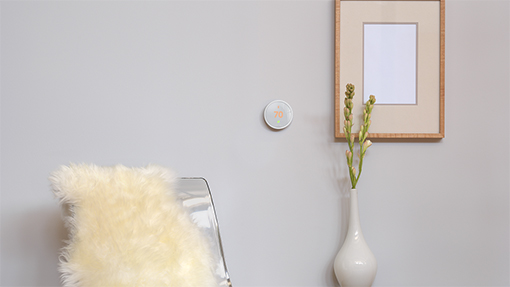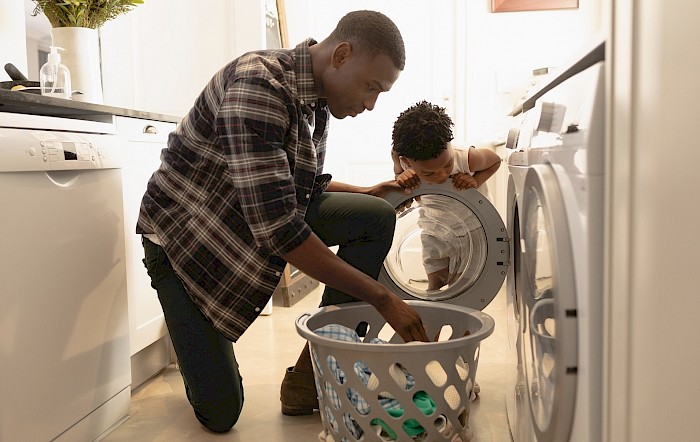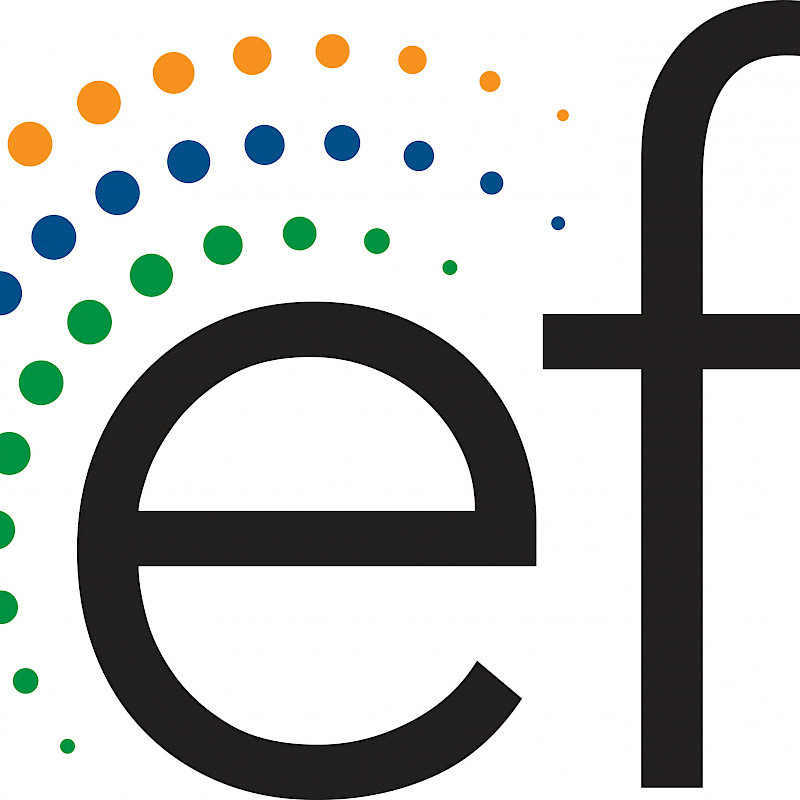Franklin Energy’s Product Division, AM Conservation, Agrees to Acquire Energy Federation, Inc.
5 Hot Summer Savings Tips
 Energy Federation Incorporation
Energy Federation Incorporation
Summer is just around the corner and as temperatures rise so can your energy bill. If you find yourself cranking up the air conditioner when you get of the sun or washing more loads of laundry from all that outdoor activity, these actions can all contribute towards more home energy use and higher costs. Other appliances such as water heaters, shower heads, and even your oven can all play a role in hogging energy if used inefficiently!
Luckily, with the right knowledge and a little planning, you can get ahead of the curve to keep energy use down and costs low. We put together eight summer savings tips to help you beat the heat and get the most out of your energy efficient home appliances!

1. Upgrade to a Smart Thermostat
To conserve the most energy, set your thermostat so there is as little difference between the outdoor and indoor temperatures as is comfortable. You should also keep your house warmer than usual when you are away. To do that, it helps to have a programmable thermostat. ENERGY STAR rated smart thermostats are fully programmable and can be controlled remotely with a phone or tablet. Best of all they learn your temperature preferences and can establish a routine based on if you are home or away, asleep or awake, in the room or out and about.
To learn more about ENERGY STAR rated smart thermostats, click here!
2. Tune Up – Not TURN Up – that Air Conditioner
Whether you cool your home with central air, ducted mini splits, or other systems it is important to make sure your unit is in good condition so it doesn’t break down in the middle of summer. Once a year, schedule a professional technician to examine your system and ensure proper fluid levels, fix leaks, clean the unit, and perform other preventative maintenance tasks to make sure it is in peak operating condition. You’ll be happy you did when the air outside turns hot and muggy while your home stays crisp and cool!

3. Seal and Insulate Your Home
To get the most out of your energy use you want to keep warm air out and cold air in. Inspect your home for air leaks, drafts, and poor insulation - especially in the attic. Use caulk or weather stripping to seal cracks and openings to prevent heat from entering your home. If you have old single-pane windows you may want to have them replaced. This can be a costly solution but the potential energy savings could make this a good financial decision. Low cost shrink window kits can also help seal and insulate drafty windows. For the most thorough job, consider scheduling a professional home energy audit to identify thermal weak spots in your home.
4. Utilize Energy Efficient LED Light Bulbs
When it comes to lighting your home, the most important things to consider are wattage and lumens. Wattage refers to the energy used to light the bulb while lumens refers to the amount of light emitted or brightness. ENERGY STAR rated LED light bulbs use less wattage and emit the same amount of lumens. Not only that, but less efficient light bulbs can also emit more heat, making it harder to cool your home.
To get the low down on energy efficient LED light bulbs, click here!

5. Reduce the Load on Appliances
Large appliances like washers, dryers, and dishwashers can use up a lot of energy, especially if used at the same time. Reduce the strain by following these guidelines:
- Keep vents clear. Make sure they are free of dust and not blocked by rugs or furniture.
- Use the microwave or the grill on nice days instead of spending energy to preheat your oven.
- Limit use of large appliances like washers and dryers to the cooler hours in the morning and after dark. Only wash full loads of laundry.
- Avoid placing small appliances such as lamps or TV sets near cooling thermostats. The heat they give off can trick your air conditioner into working harder than it needs to.
Subscribe
Resources
Latest Updates
Customer Testimonials
Lets Talk!
Reach your customers & Exceed your goals
Contact EFI